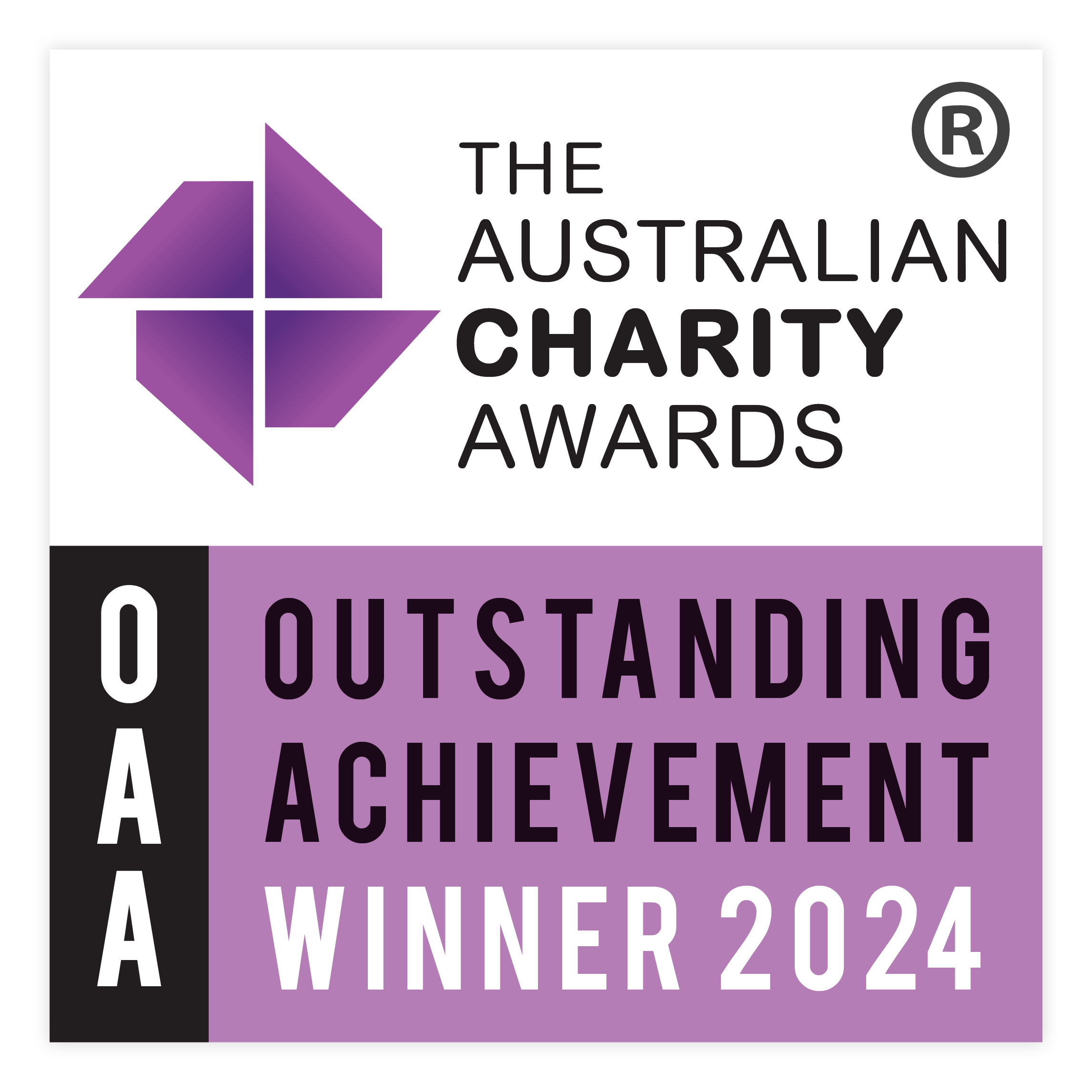People sleeping rough need critical healthcare
We are in the thick of winter. For thousands of vulnerable people sleeping rough, the cold, damp nights make life difficult and dangerous. Their situation is perilous, with every hour spent outside impacting their health and wellbeing. Sleeping on the street or in a tent creates and worsens a host of health issues, including untreated chronic illness, the flu, wounds, poor foot and mouth care, and infections. Even the mildest of conditions can turn deadly and cause premature death. Since 2017, the University of Western Australia Home2Health team have been documenting deaths among the Perth homeless population that have been recorded by health services. During 2022, there were an estimated 107 deaths among people experiencing homelessness in Perth, with an average age of 50 years old.
Meeting basic physical needs like food and shelter are often the priority for people sleeping rough, and subsequent health needs are often not considered until an emergency arises. This results in costly and ineffective care, with a recent 13 year study in Sydney showing that “from 2,140 adults who attended homeless hostel clinics and were hospitalised, the median cost of $81,481 per person for treatment in hospital amounted to a total cost of $548.2 million for 27,466 admissions.” Over a quarter of this cohort experiencing homelessness were ‘high users’ of the hospital system and 1 in 5 were readmitted within a month.
People rough sleeping and those who have experienced homelessness are often in need of critical healthcare, but report significant barriers to accessing services and treatment. High cost, long wait times and lack of availability makes it difficult for people in such circumstances to get the health support and care they need. The fact is that people experiencing homelessness need to navigate a complex healthcare system that often requires costly transport to services, proof of official documentation like Medicare cards, and lacks primary and preventative care options.
30
26
107
Rough sleeping increasing and organisations beyond capacity
The recent feedback we have received from outreach workers at our partner organisations confirms that the numbers of people sleeping rough are rising again, as the cost-of-living and housing crisis force a growing number of people out of their rental properties or precarious accommodation into homelessness and the bleak winter weather.
At the same time as this rising demand for support, community services have a limited capacity to help. One drop-in centre we work closely with has reported that they are seeing an average of 316 visitors a day, that’s 100 additional visitors each day compared to last year. A staggering increase and strain on their services and staff. This situation is happening across regional towns, outer suburbs and the inner city, with the 2023 NSW Street Count finding an annual 34% increase across NSW in February, with Regional areas most impacted. The situation can only have got worse.
“”If we’ve seen an increase in people that are rough sleeping, we will see an increase in the health issues of people that are presenting [to services]. Homelessness has an impact on people’s health, not only when they’re on the streets but sometimes afterwards as well.”
Shelter WA chief executive, Kath Snell
“The demand for the type of specialist homelessness GP care provided by Homeless Healthcare is growing, with hospitals and homelessness services across Perth continuing to see many people who are homeless with complex health needs and without a GP.”
Homeless Healthcare on Whadjuk Noongar Country (WA)
“Chris is in his late forties and has been homeless for nearly a decade due to mental health challenges. Chris had multiple costly Emergency Department presentations relating to a cyst on his hip that was repeatedly infected. Being able to access the Street Health team meant that Chris could have his abscess wound dressed and properly treated, preventing further infections and medical costs.”
Homeless Healthcare on Whadjuk Noongar Country (WA)
How we, and you, can respond to this crisis
To respond to these challenges, homelessness specific approaches help make healthcare more accessible and available to vulnerable people. Current care models for people sleeping rough or experiencing homelessness include mobile outreach services that aim to bring essential healthcare to people in need like immunisations, podiatry, diagnosis, wound and infection treatment, and pathology. Drop-in centres and fixed-site clinics also provide basic care, and the provision of showers, meals, winter clothes and emergency supplies such as thermally insulated swags are a vital necessity.
Our housing and homelessness crisis is also a healthcare crisis. This month, we are fundraising to support Homeless Healthcare in Perth who deliver medical outreach through mobile clinics and the Haymarket Foundation in Sydney who support highly at risk clients through their on-site services. We are calling on our network to share, repost, and chip in if you can so we can boost our support and care for rough sleepers.








